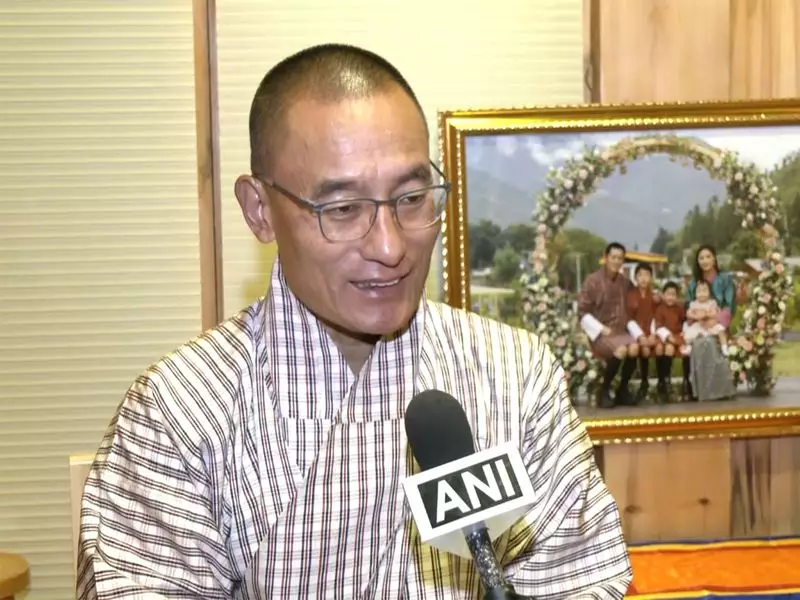
In a significant diplomatic development, Bhutanese Prime Minister Tshering Tobgay has announced the evolution of his country's relationship with India from traditional development partners to comprehensive economic allies. The revelation came during his official visit to New Delhi, marking a new chapter in the bilateral ties between the two neighboring nations.
A Relationship Transformed
Prime Minister Tobgay emphasized that the partnership has matured beyond its conventional framework. "Our relationship with India is no longer just that of a development partner, but has evolved into an economic alliance," he stated during his interactions with Indian leadership.
The Bhutanese leader's visit comes at a crucial time when both nations are exploring new avenues for economic cooperation and strategic alignment. The discussions covered a wide spectrum of areas including:
- Enhanced trade and investment opportunities
- Infrastructure development projects
- Energy cooperation and hydropower projects
- Cross-border connectivity initiatives
- Technology transfer and digital partnerships
Strategic Importance of the Evolving Partnership
The transformation of India-Bhutan relations represents a strategic shift in South Asian diplomacy. For decades, India has been Bhutan's primary development partner, assisting in various infrastructure and social sector projects. However, the new economic alliance framework signals a more balanced and mutually beneficial relationship.
This evolution comes as both nations seek to strengthen their economic resilience and explore new growth avenues in the post-pandemic era. The partnership now encompasses not just traditional development assistance but also joint ventures, technology partnerships, and coordinated economic strategies.
Future Prospects and Regional Implications
The upgraded relationship holds significant implications for regional economic integration and security cooperation. Both countries are poised to benefit from:
- Increased cross-border trade and investment flows
- Enhanced energy security through hydropower cooperation
- Improved regional connectivity infrastructure
- Strengthened cultural and people-to-people exchanges
The successful implementation of this new partnership model could serve as a blueprint for India's relations with other neighboring countries in the region.






